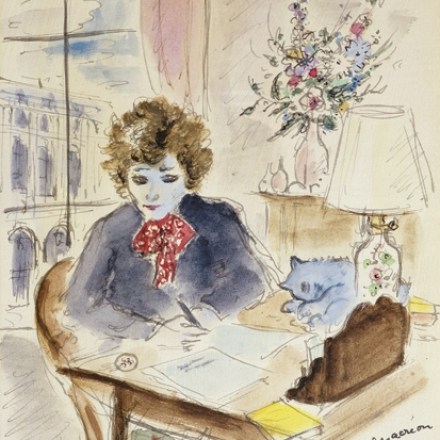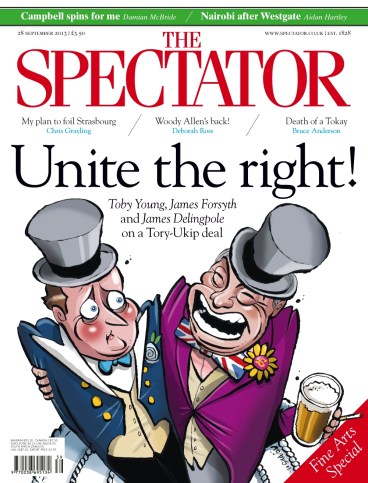Colette’s France, by Jane Gilmour - review
Monstrous innocence’ was the ruling quality that Colette claimed in both her life and books. Protesting her artless authenticity, she was sly in devising her newspaper celebrity and ruthless in imposing her personal myths. She posed as provincial ingénue, wide-eyed young wife of the Paris belle époque, scandalous lesbian, risqué music-hall performer, novelist of prodigious






